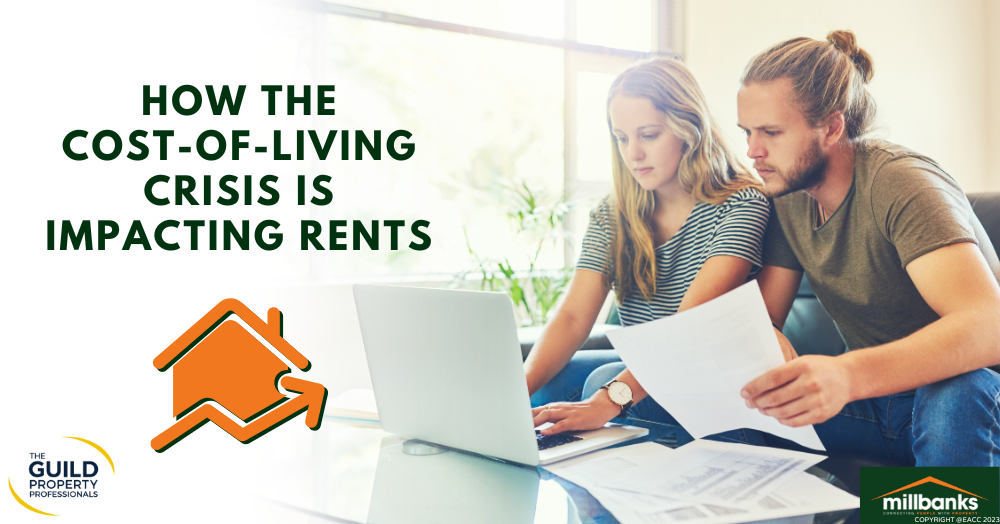You can’t open a newspaper (or app) without seeing something about the UK rental market. Whether it’s the increase in demand for property, changes to rent rules or landlords selling up – rentals are getting a lot of attention.
And one matter that is causing a lot of controversy is the issue of rising rent. In a cost-of-living crisis, the increase in monthly rent is understandably worrisome for tenants, but are landlords really to blame?
Owning investment property is a business, and for many full-time landlords, it’s their sole source of income. The same applies to one-off or accidental landlords, and with the economy in flux, price changes are inevitable.
In this two-minute read, we explore three reasons rents are going up and why landlords aren’t just profiting off a volatile rental market.
1) Mortgage rates
As interest rates go up, the mortgage market goes the same way. And just as residential mortgages get more expensive, so do buy-to-let mortgages. Landlords are facing the same issues as residential owners – their monthly payments have increased.
While many people think that owning a rental is an easy way to rake in cash, it’s a business model that only creates profit if the rental income covers the mortgage payment and there’s money left over. If mortgage payments are going up, then rising rents may reflect a landlord’s increase in costs.
2) Changes to tax rules
Without getting into the nitty gritty of UK tax law, over the last few years, there have been lots of changes introduced which impact landlords. This includes the amount they can claim in expenses and how much tax they pay. These changes have not only caused many landlords to sell their rental properties but may have also forced rent increases to meet financial obligations.
3) Increased costs of repairs and maintenance
Landlords often pay for the upkeep of their properties through their rental income, and the following issues could be affecting the rent they charge:
· A general increase in the cost of labour and materials, fixtures and furnishings.
· With purpose-built flats, owners often have to pay service charges or ground rents to the freeholder, many of which have increased due to the rising energy costs. Communal heating, lighting and refuse collection will currently be more expensive.
· In the next few years, all rental properties must meet an increased level of energy efficiency, so many landlords will have to undertake major works, which again, could impact rent.
If you’re a landlord looking to rent out a property or a tenant looking for a new home, contact Millbanks. Our lettings team is ready to help.

